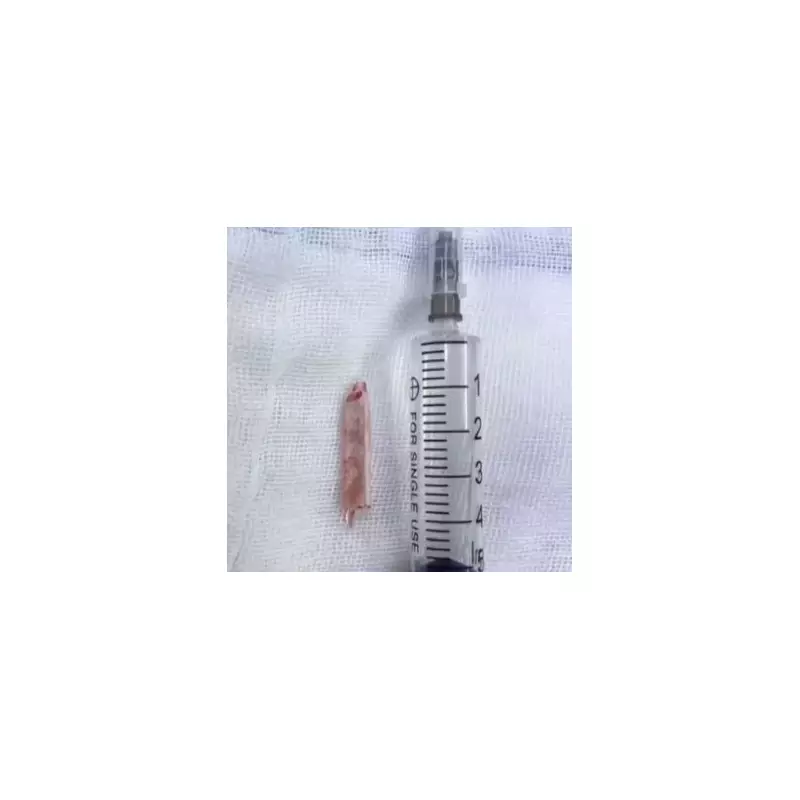
In a case that reads more like a medical thriller than routine NHS care, doctors have made an astonishing discovery inside a patient—a full-length clinical thermometer that had been lodged in his rectum for an estimated two decades.
The shocking find was made at a UK hospital when the male patient, who had been experiencing unexplained symptoms for years, finally sought medical attention. What began as a routine examination turned into an extraordinary surgical procedure.
The Mysterious Case
Medical professionals were left baffled when scans revealed the unexpected object. The thermometer, measuring several inches in length, had somehow remained undetected through numerous previous medical examinations over the years.
"This is one of the most unusual cases I've encountered in my career," one staff member commented. "The patient had no recollection of how it could have gotten there, which makes it even more puzzling."
Complex Surgical Procedure
Removing the object required careful surgical planning due to its lengthy presence and precarious position. The medical team faced significant challenges:
- The thermometer's fragile glass construction risked breakage during removal
- Long-term tissue embedding had occurred around the object
- Potential damage to surrounding organs needed to be avoided
After a delicate operation, surgeons successfully extracted the instrument intact, much to everyone's relief.
Patient Recovery and Questions
The patient is reportedly recovering well following the procedure, but the case has raised serious questions about how such an object could go unnoticed for so long within the healthcare system.
<Medical experts suggest the thermometer may have been accidentally left during a procedure years earlier, though the exact circumstances remain unclear. The NHS has been approached for comment on whether an internal investigation will be launched.
This bizarre case serves as a reminder of the importance of thorough patient examinations and the need for robust safety protocols in medical settings.





